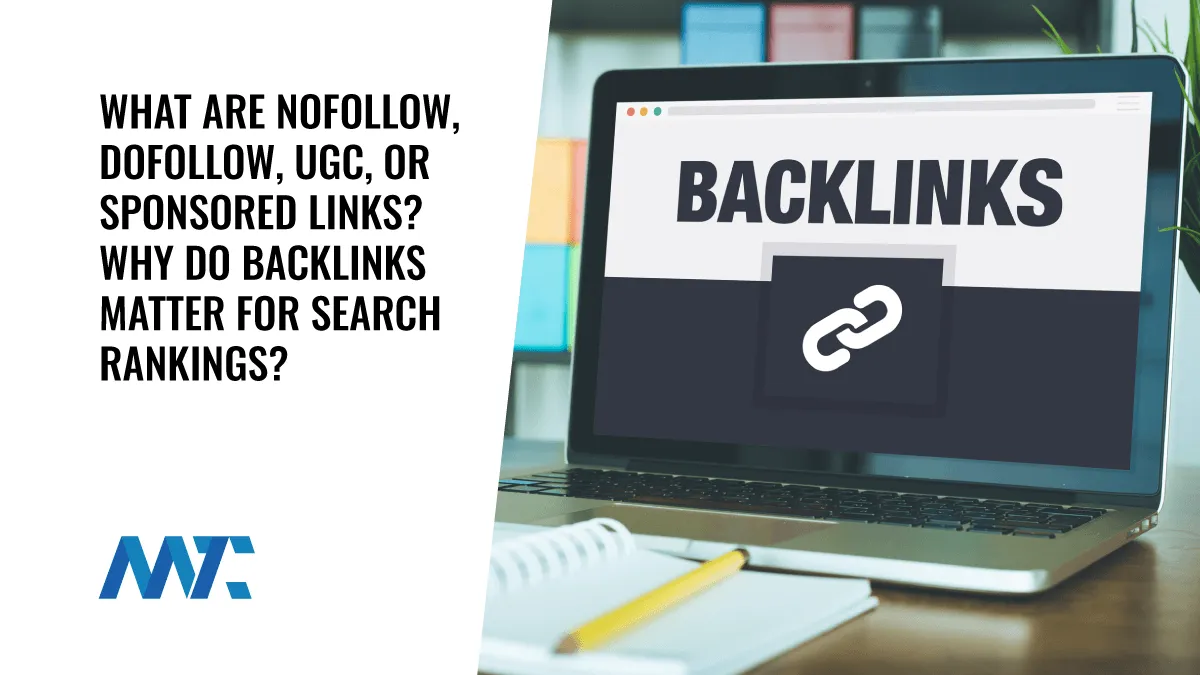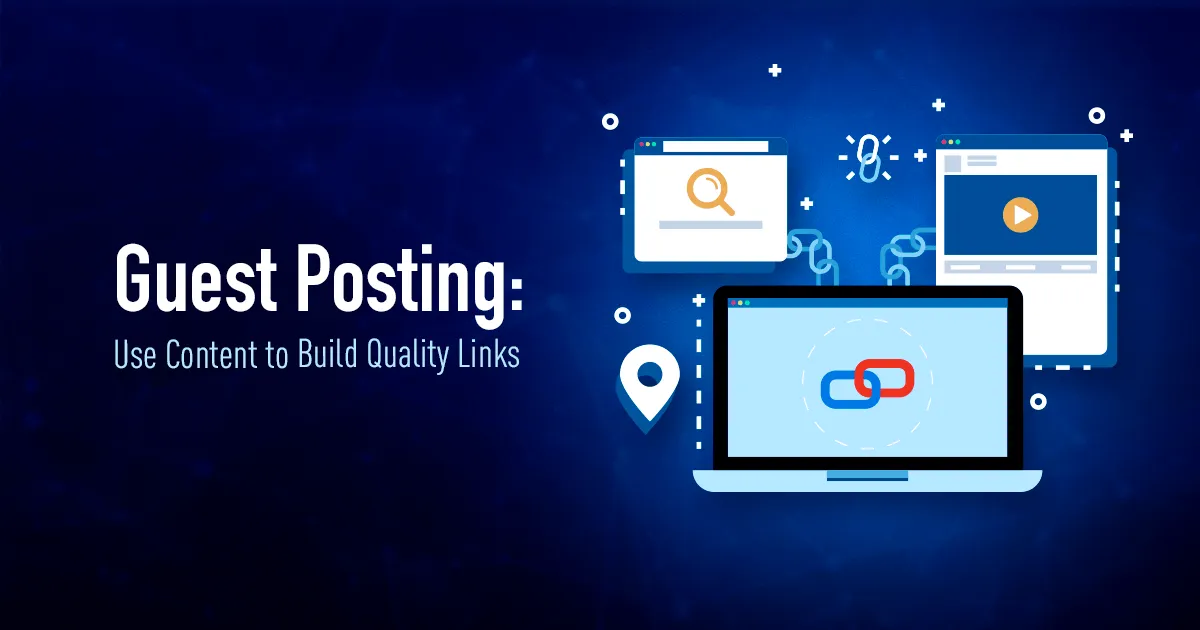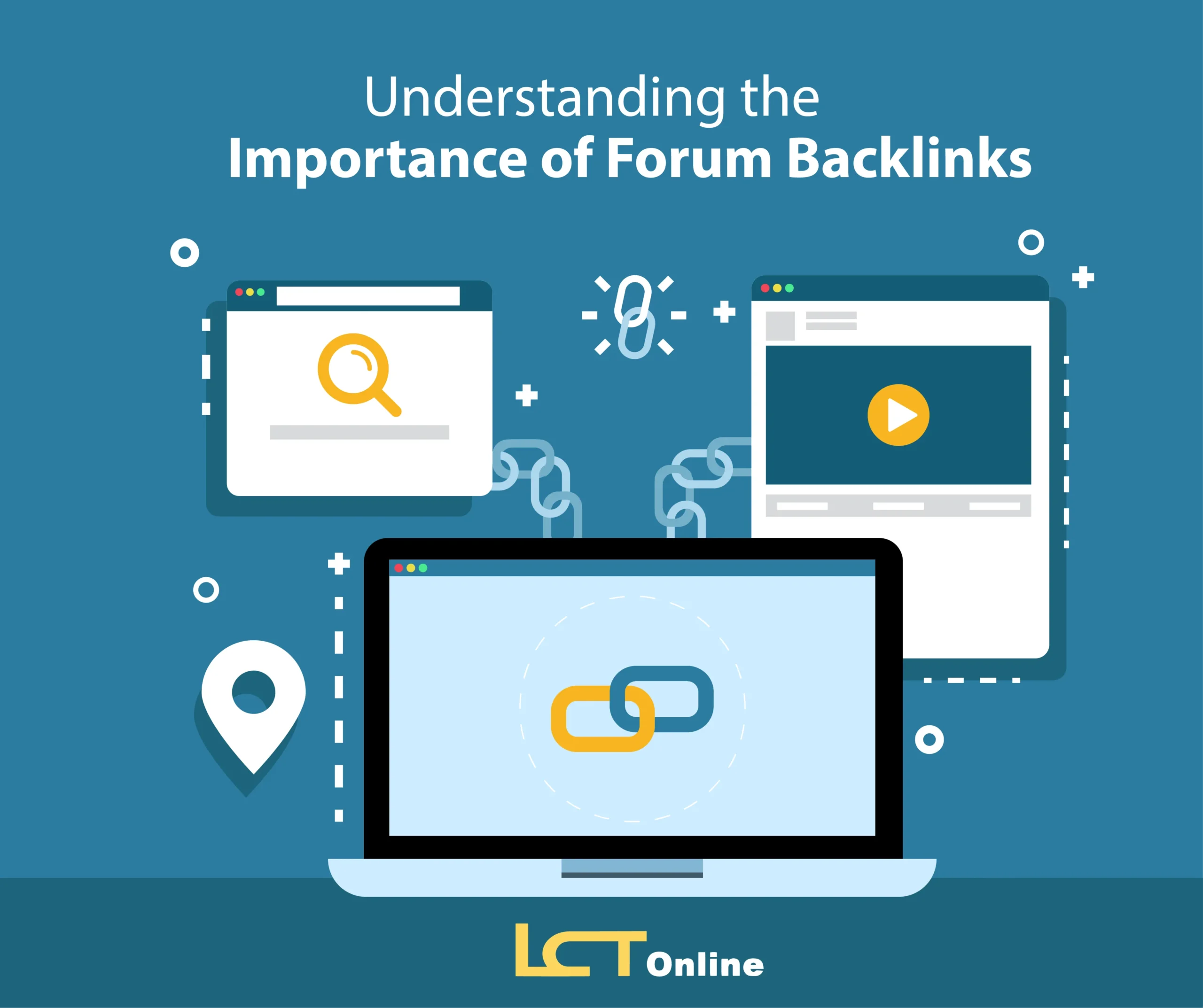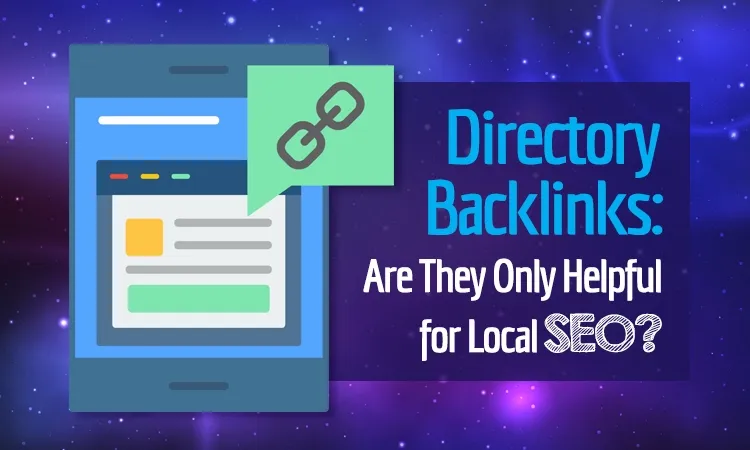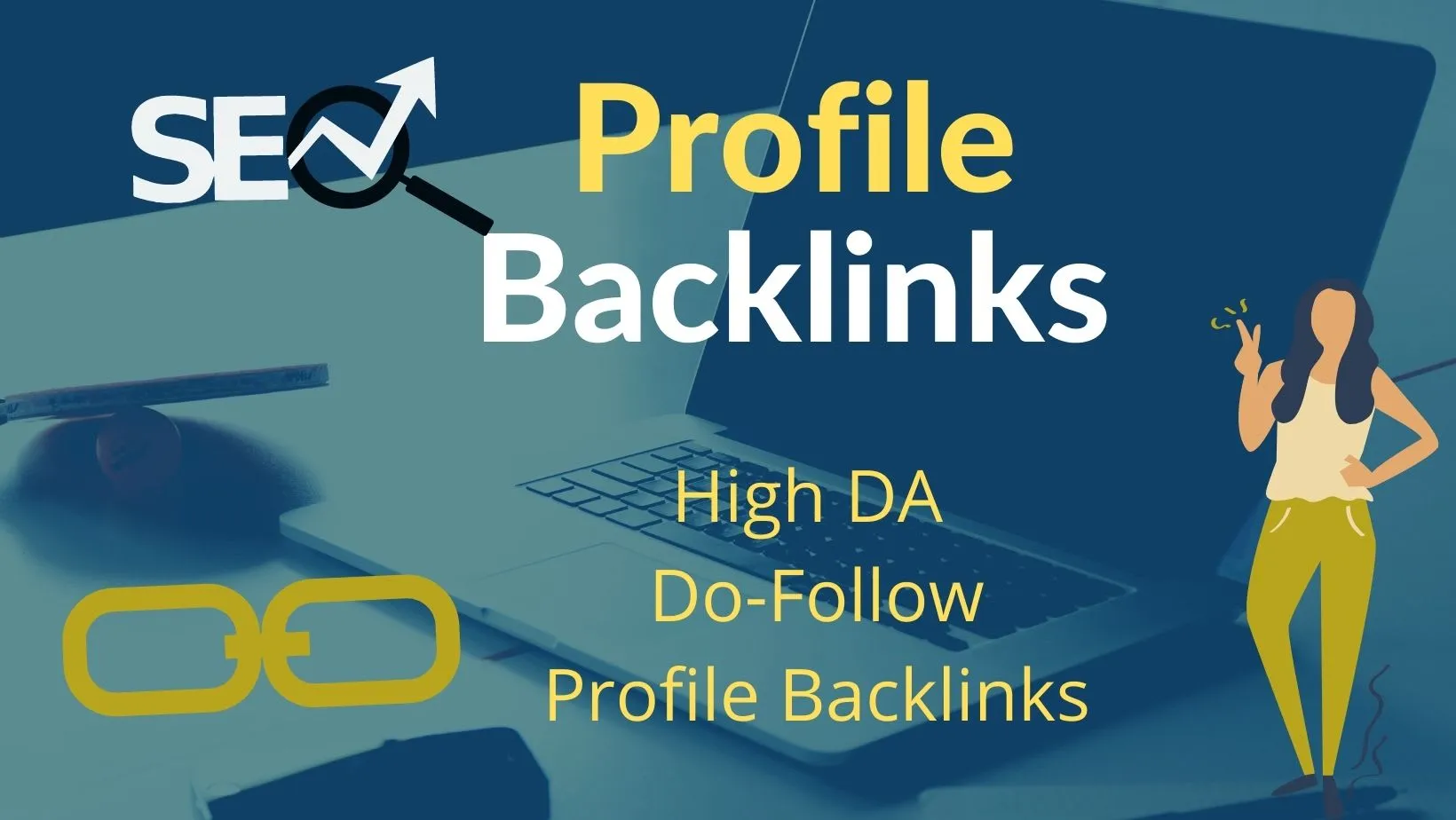In the dynamic digital landscape, UGC backlinks (user-generated content backlinks) have become an essential part of effective SEO strategies. These backlinks originate from content created by users rather than website owners, such as forum posts, comments, reviews, or social media mentions. This article explores the significance of UGC backlinks, types, best practices, and strategies to harness their full potential for boosting your website’s authority and ranking.
What Are UGC Backlinks?
UGC backlinks are links embedded within content generated by users, not the site admins. Typical sources include community forums, blog comments, testimonial sections, review sites, and social media platforms. The authenticity behind these links makes them valuable in the eyes of search engines, signaling genuine engagement and relevance.

Why UGC Backlinks Matter for SEO
User-generated backlinks add diversity and a natural feel to your backlink profile. Search engines prioritize natural-looking profiles, so UGC backlinks contribute to higher authority by UGC backlinks:
- Offering organic link-building opportunities.
- Driving referral traffic from different user platforms.
- Increasing trust signals through real-user endorsements.
- Helping search engines discover new content via distributed links.
Using the power keyword “UGC backlinks” in your link-building strategy strengthens your site’s organic visibility while enhancing credibility.
Types of UGC Backlinks You Should Know
Understanding the variety of UGC backlinks allows you to target your efforts effectively:
- Forum Backlinks: Links posted in discussion threads from forums relevant to your niche.
- Blog Comment Links: Backlinks left by users in blog comment sections, often linking to their own sites or related content.
- Social Media Backlinks: Links in posts, comments, or user profiles across platforms like Facebook, LinkedIn, or Twitter.
- Review Site Backlinks: Links generated from user reviews or testimonials on third-party websites.
- Q&A Platform Links: Hyperlinks included in answers or questions on Q&A sites such as Quora and Reddit.

How Search Engines Evaluate UGC Backlinks
Search engines have refined their algorithms to distinguish between spammy and genuine UGC backlinks. Key evaluation factors include:
- Authority and relevance of the platform where the UGC backlink appears.
- Contextual placement of the backlink within meaningful content.
- Proper use of link attributes like “ugc” and “nofollow” to maintain ethical link practices.
- Natural variation in anchor text contributes to a healthy link profile.
Effective Strategies to Gain Quality UGC Backlinks
Building UGC backlinks organically requires consistent user engagement and quality content:
- Encourage Reviews and Testimonials: Prompt customers to leave feedback on reputable third-party platforms.
- Engage in Niche Forums: Participate in community conversations, offering valuable insight and linking thoughtfully.
- Leverage Social Media Communities: Create campaigns to motivate users to mention or link to your site content.
- Host Contests and Giveaways: Stimulate user-generated posts that include backlinks to your website.
- Contribute on Q&A Sites: Offer helpful answers with relevant links to your resources or blog posts.
Best Practices for Managing UGC Backlinks
Maintaining a clean backlink profile with UGC links involves strategic management:
- Regularly audit backlinks to filter out spam or low-quality links.
- Advocate for the correct usage of “ugc” or “nofollow” attributes on UGC links.
- Avoid manipulative linking schemes that violate search engine guidelines.
- Foster honest engagement for authentic backlinks that promote brand trust.
Challenges and Risks in Using UGC Backlinks
While UGC backlinks are valuable, they come with potential challenges:
- Spam Exposure: Open user-generated platforms may allow spammy links that could harm SEO.
- Variable Link Quality: Not all UGC backlinks provide strong SEO benefits.
- Time-Consuming Moderation: You must invest time in monitoring and managing UGC links.
- Excessive NoFollow Attributes: Overuse of nofollow reduces SEO benefits.
Analyzing the Impact of UGC Backlinks
Track the success of your UGC backlink initiatives through:
- Increase in referral traffic from user platforms.
- Improvements in search engine rankings linked to new UGC backlinks.
- Growth in domain authority as measured by SEO tools like Moz or Ahrefs.
- Enhanced social engagement metrics are driving more backlinks.
Top Tools to Monitor and Manage UGC Backlinks
Efficient tools to track UGC backlinks help in maintaining effective SEO campaigns:
- Ahrefs: Detailed backlink and domain authority analysis.
- SEMRush: Comprehensive SEO tool with backlink auditing features.
- Google Search Console: Insight into which sites link to you and possible issues.
- BuzzSumo: Monitors social mentions and content sharing that include backlinks.
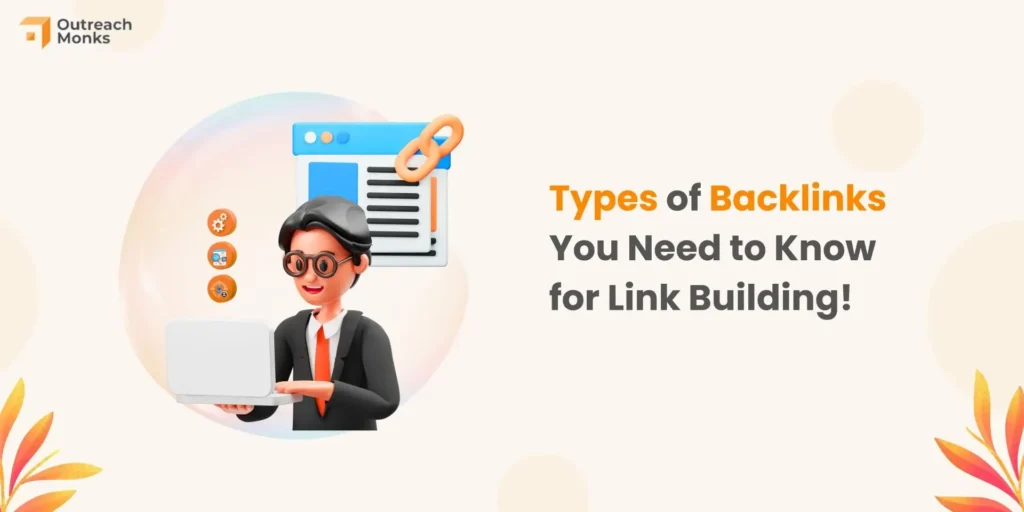
The Future of UGC Backlinks in SEO
The future trajectory shows increasing reliance on UGC backlinks due to:
- Emphasis on authentic user engagement and natural backlinks.
- Growing use of AI to detect spam vs. real backlinks.
- More advanced link attribute usage enhances transparency.
- Integration with broader influencer and community marketing strategies.
Conclusion
UGC backlinks have evolved into a powerful SEO asset by leveraging genuine user interactions and content. When cultivated with proper strategy and care, they diversify your backlink portfolio, improve website authority, and drive quality traffic. Embrace UGC backlinks as part of a holistic SEO plan to stay ahead in digital marketing and search rankings.


